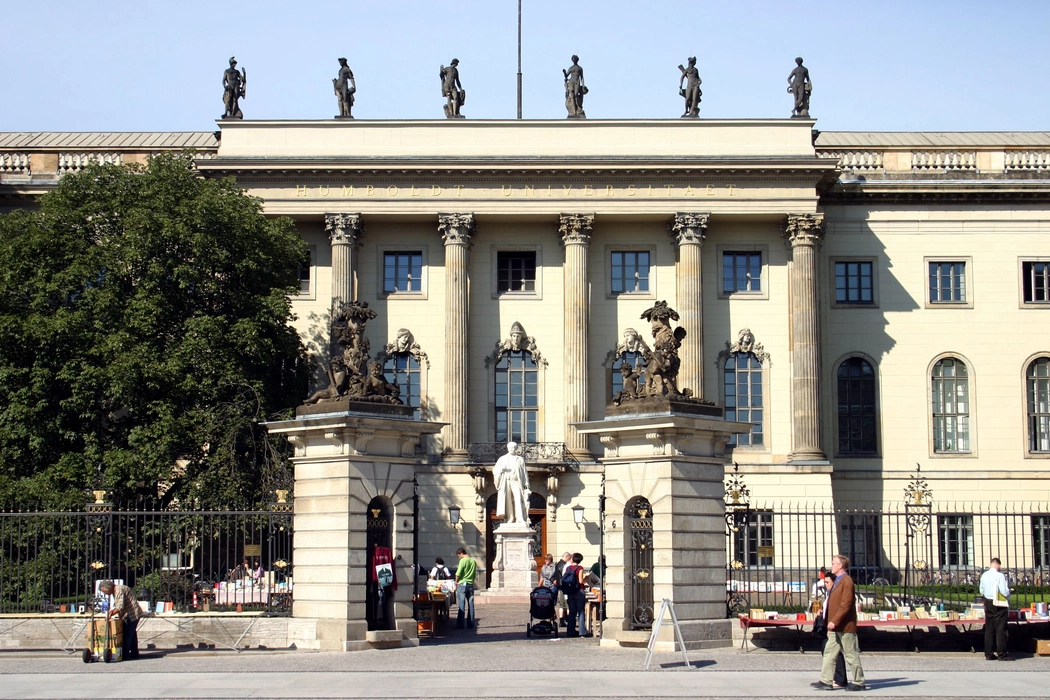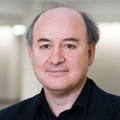What is Memory and How Does it Function at the Cellular Level?
DOI:
https://doi.org/10.21036/LTPUB10894Researcher
Matthew Larkum has been Professor of Neurobiology at Humboldt-Universität zu Berlin since 2011. He previously worked at the Max Planck Institute for Medical Research and at the University of Bern where he completed his PhD. Larkum’s research focuses on the functioning of the cerebral cortex and asks questions like what makes us intelligent or how does conscious perception work? Having published a line of highly influential papers in journals like Cell, Science and Nature Neuroscience, Larkum’s work has been supported by the Human Brain Project (HBP), European Research Council (ERC) Horizon 2020, Einstein Center Neurosciences (ECN) and Deutsche Forschungsgemeinschaft (DFG). He received the Robert Bing Prize from the Swiss Academy of Medical Sciences in 2010

Original Publication
Perirhinal Input to Neocortical Layer 1 Controls Learning
Guy Doron,
Jiyun N. Shin,
Naoya Takahashi,
Moritz Drüke,
Christina Bocklisch,
Published in
Citation
Matthew Larkum,
Latest Thinking,
What is Memory and How Does it Function at the Cellular Level?,
https://doi.org/10.21036/LTPUB10894,
Credits:
© Matthew Larkum
and Latest Thinking
This work is licensed under CC-BY 4.0
